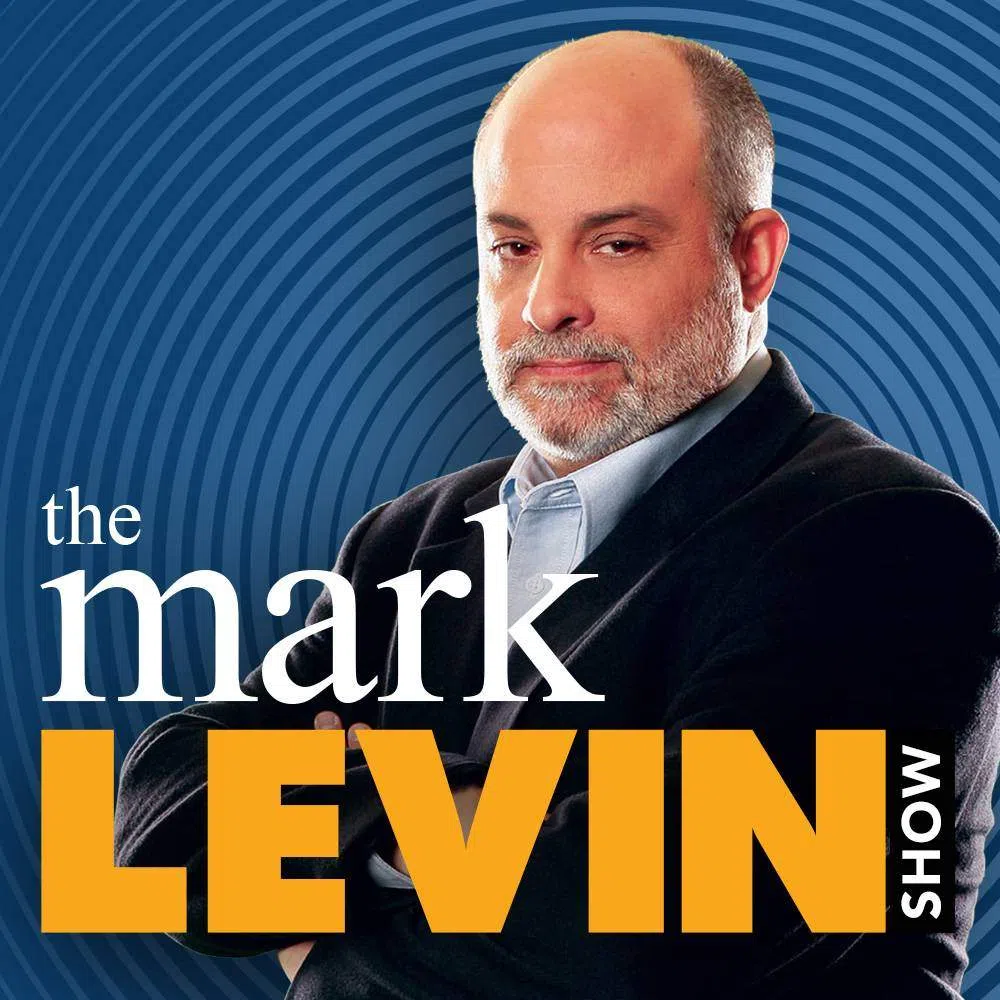President Donald Trump has proposed a “Gaza Peace Panel” that he says he would personally lead — a role with no obvious precedent in modern U.S. diplomacy — with the goal of halting hostilities in Gaza, overseeing humanitarian recovery, and laying the groundwork for stable, long-term governance.
Trump said the panel would be charged with three central functions: negotiating an immediate ceasefire to stop the fighting; coordinating reconstruction and humanitarian assistance in Gaza; and formulating a political framework for stability.
“The purpose of this panel is to end the bloodshed, rebuild Gaza, and create a path toward lasting peace and security for both Israelis and Palestinians,” Trump said. He emphasized that by placing himself at the helm, he would ensure the effort was not bogged down by bureaucracy or diplomatic gridlock. “When I am at the table, things move fast, and deals get done,” he told reporters.
Trump’s proposal is tied to a broader peace initiative unveiled jointly with Israeli Prime Minister Benjamin Netanyahu. The plan calls for the exclusion of Hamas from any governing role in Gaza and its full disarmament, while placing governance in the hands of a committee of technocrats under oversight by an international board.
Trump is being floated as chair of that oversight board, Time magazine reported.
Under his scheme, the panel would also supervise a transition process, with a goal of eventually returning administrative authority to a reformed Palestinian entity, The Guardian said.
Trump’s proposal to lead such a panel would represent a remarkable departure from historical norms in international diplomacy. Traditionally, U.S. presidents might sponsor or support multilateral mediation efforts, appoint envoys, or host peace summits — but not serve as the direct chair of a governing oversight body in an active conflict zone.
Most peace panels, transitional authorities, or trusteeships are overseen by neutral international organizations or coalitions — not former or sitting heads of state whose personal and political interests are deeply entwined with the conflict.
Some international observers see the arrangement as more symbolic than practical. A former U.S. official familiar with past Gaza negotiations warned that Trump’s involvement might overshadow more technical diplomacy.
“It risks being more about optics than substance,” the official said.
However, supporters argue that Trump’s visibility could impart urgency and momentum to a stalled process.
Jason Greenblatt, Trump’s former Middle East envoy, defended the idea by saying it reflects the president’s belief that his direct engagement could achieve progress where others have faltered.
Trump’s plan faces hurdles. Hamas has not publicly accepted its terms, and key regional players — including Egypt and Qatar — are reportedly scrutinizing whether Trump’s leadership would help or hinder negotiations.
Even supporters of the plan acknowledge that moving from high-minded goals to actual implementation will require navigating complex obstacles: disarmament enforcement, security guarantees, reconstruction financing, local support and complex political sovereignty questions.
© 2025 Newsmax. All rights reserved.






